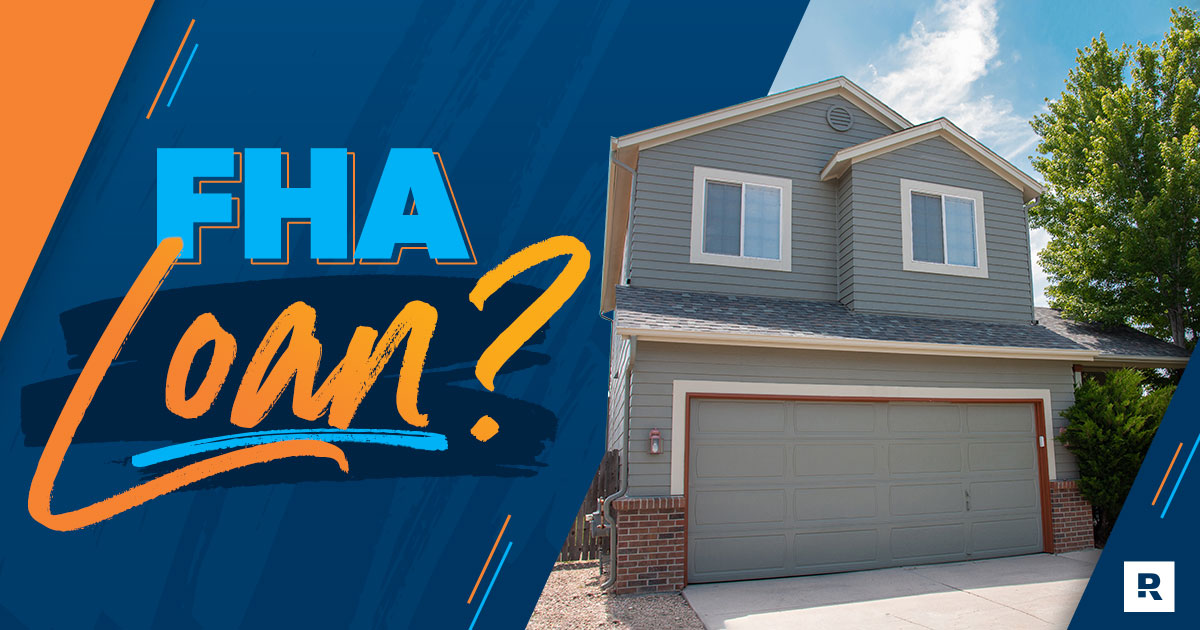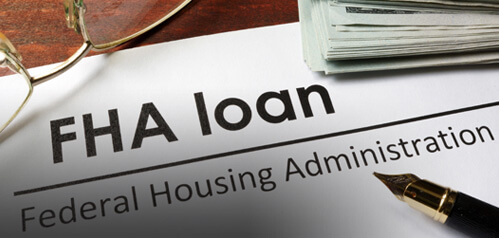Understanding FHA Home Loans: Benefits and How to Qualify
Understanding FHA Home Loans: Benefits and How to Qualify
Blog Article
The Ultimate Source on Home Loans: An In-Depth Appearance at Numerous Funding Programs and Their Advantages for Customers
Browsing the landscape of home financings can be a daunting task, particularly with the myriad of options available to potential customers. Each funding program-- be it traditional, FHA, VA, or USDA-- uses unique advantages that cater to varying financial circumstances and homeownership goals.
Understanding Conventional Lendings
Conventional lendings represent a significant section of the home funding market, attracting a large variety of customers due to their structured terms and affordable rate of interest. These car loans are typically not insured or ensured by the federal government, distinguishing them from government-backed fundings such as FHA or VA lendings. Instead, traditional finances are supplied by exclusive lending institutions, which permits greater adaptability in conditions and terms.
Normally, conventional lendings been available in two forms: adapting and non-conforming. Adapting finances stick to the standards set by Fannie Mae and Freddie Mac, consisting of restrictions on financing quantities, borrower credit rating, and debt-to-income proportions. Non-conforming car loans, on the other hand, do not satisfy these criteria and may deal with debtors with one-of-a-kind financial scenarios.
Customers usually discover that standard car loans give attractive choices for deposits, with some needing just 3% down. In addition, those with strong credit report profiles may benefit from reduced rate of interest contrasted to various other choices. On the whole, conventional finances are a viable choice for lots of buyers, offering a blend of cost and access in the competitive housing market.
Checking Out FHA Financing Advantages
A substantial number of homebuyers turn to FHA financings due to their attractive benefits, specifically for those that may deal with difficulties safeguarding standard funding. The Federal Real Estate Management (FHA) guarantees these finances, making them obtainable for consumers with reduced credit rating scores and smaller sized deposits. Typically, FHA lendings require a deposit of just 3.5% for those with credit history of 580 or greater, considerably decreasing the in advance cost of purchasing a home.
In addition, FHA financings have adaptable certification requirements that accommodate a wider array of economic circumstances. This includes allocations for higher debt-to-income ratios, making it possible for debtors with existing financial debts to acquire financing (FHA home loans). In addition, FHA financings likewise permit making use of present funds from member of the family or companies to cover down settlement and closing prices, alleviating the financial burden on customers.

Benefits of VA Loans
VA financings offer numerous advantages for qualified experts, active-duty solution participants, and particular participants of the National Guard and Gets. Among one of the most substantial advantages is the absence of a deposit demand, enabling debtors to finance 100% of the home's worth. This attribute makes homeownership extra accessible for those that have actually served in the military.
In addition, VA loans do not call for personal home loan insurance coverage (PMI), which can conserve customers substantial monthly prices contrasted to conventional financings. The rates of interest on VA fundings are usually less than those of various other funding types, better improving affordability. In addition, VA finances come with flexible credit report needs, making them an eye-catching option for people who may have less-than-perfect credit rating.
An additional key benefit is the alternative for professionals to get beneficial financing terms, including the opportunity of re-financing through the Streamline Refinance choice, which can lower regular monthly settlements. Lastly, VA finances offer a special attribute of assumability, allowing future customers to take control of the finance under the exact same terms, which can be a selling point when marketing the residential property. In general, VA finances give important benefits that provide especially to the demands of army employees and their families
Insights Into USDA Fundings
Discovering the advantages of USDA loans reveals a feasible financing option for homebuyers in rural and country areas. The United States Division of Agriculture (USDA) offers these fundings to promote homeownership, particularly targeting low to moderate-income families. One of one of the most substantial benefits is the no down repayment demand, making it simpler for eligible customers to acquire a home without the worry of a significant first financial investment.
USDA finances likewise feature competitive rates of interest, which commonly result in reduced month-to-month repayments compared to traditional financing. Furthermore, these loans do not call for personal mortgage insurance policy (PMI), additional reducing the total expense of homeownership. Borrowers can fund not only the acquisition price yet also shutting expenses, making it an attractive choice for those with limited funds.
Qualification for USDA fundings is determined by revenue limitations, which differ by place and household dimension, guaranteeing that assistance is directed to those that need it most. With adaptable credit needs, USDA loans are available to a wider range of applicants, cultivating area growth and stability in rural and suv locations. In general, USDA lendings stand for a necessary device for promoting equity in real estate possibilities.
Contrasting Lending Programs

Conventional loans are often eye-catching because of their go flexibility and the possibility of staying clear of home loan insurance coverage with a higher deposit. In comparison, FHA car loans provide possibilities for consumers with reduced debt ratings and smaller sized deposits, making them available for newbie purchasers. VA car loans stand out for experts and active-duty service participants, offering desirable terms such as no down repayment and affordable rates of interest.
USDA lendings especially deal with country homebuyers, promoting budget-friendly housing anonymous in less booming areas with no down payment choices. Each program has details eligibility standards, including earnings constraints and residential or commercial property area restrictions, which ought to be very carefully evaluated.
Eventually, performing a comprehensive contrast of lending programs includes analyzing rates of interest, financing terms, and closing costs, together with individual financial situations. FHA home loans. This calculated strategy will certainly empower borrowers to make educated decisions that line up with their lasting economic objectives
Verdict
To conclude, an understanding of different home loan programs is crucial for prospective borrowers seeking to make enlightened choices. Each lending kind, including standard, FHA, VA, and USDA, offers unique benefits customized to certain economic situations and demands. By evaluating the special advantages of these options, people can pick the most ideal lending that straightens with their homeownership goals, eventually promoting a more obtainable path to attaining homeownership and financial security.
These financings are usually not guaranteed or assured by the federal government, differentiating them from government-backed car loans such as FHA or VA loans. Adapting loans adhere to the standards established by Fannie Mae and Freddie Mac, including limitations on loan amounts, debtor debt ratings, and debt-to-income ratios.Interest rates on FHA fundings often tend to be affordable, providing borrowers with reduced monthly payments compared to conventional car loans.Furthermore, VA fundings do not need personal home loan insurance policy (PMI), which can conserve customers considerable monthly costs compared to standard financings. VA financings supply an unique attribute of assumability, permitting future customers to take over the finance under the very find this same terms, which can be a marketing point when reselling the residential property.
Report this page